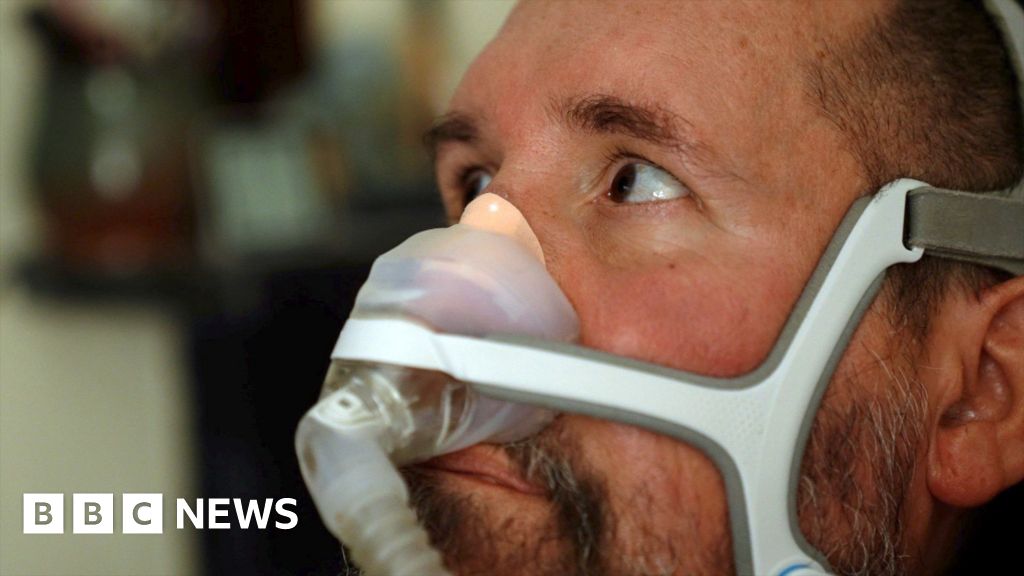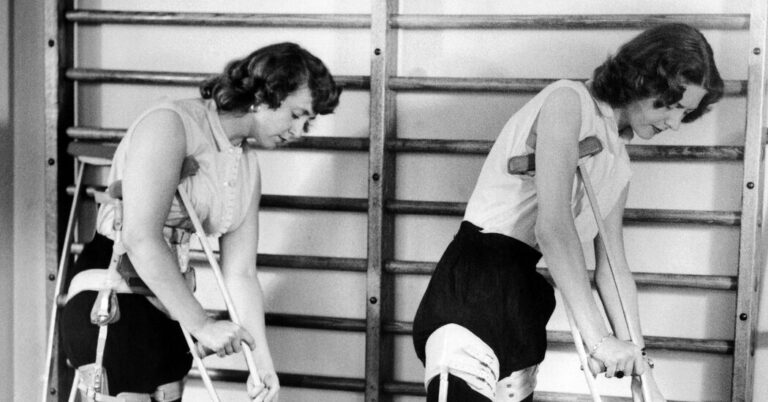Here is the plain text result:
Terminally ill people are a step closer to being able to choose when they die after MPs voted to support a proposed change to the law. The right to an assisted death will be granted to people with life expectancies of six months or less provided their request is approved by two doctors and a judge.
It is one of the most significant and sensitive topics to have been voted on by MPs in recent decades – though it still needs to clear further rounds of voting before it can be implemented.
Two weeks ago BBC News interviewed two terminally ill people about their feelings on the assisted dying bill and we spoke to them again following the vote on Friday afternoon.
“I’m over the moon, I’m so happy,” says Elise Burns, whose cancer means she lives in constant pain. “The bill is going to save so many unnecessarily painful and horrible deaths – as well as the families and loved ones who would have had to see them go through it.”
Elise, 50, is terminally ill after breast cancer spread to other parts of her body, including her bones – her femur had to be replaced by a metal rod after it was rotted by cancerous cells.
“I’m completely and utterly shell-shocked. I was obviously hoping for the best but preparing for the worst,” adds Elise, who thought MPs might decide against the bill having witnessed the debate in person.
Nik Ward, who has motor neurone disease and opposes changing the law on assisted dying, told us: “Obviously I’m a bit disappointed.”
He watched the debate and vote at home.
“It’s the good people, the people who are trying to be virtuous, who are dignified and trying to do the right thing, who are going to be most affected by this,” says Nik.
For Elise, she knows the end of her life will be one filled with increasing pain and suffering as her body becomes more tolerant of the morphine she uses – making it less effective as a painkiller.
She is terrified of a painful death and is glad the bill will eventually grant people like her a choice.
“It gives them the right to a good death, that’s really important,” she says.
She explains it will also spare people the stress of taking terminally ill loved ones abroad to die – and the fear of prosecution upon their return.
“It’s going to save a lot of pain and trauma.”
One of the things that struck her and Nik during the debate was the way MPs behaved.
“I thought by and large it was conducted very respectfully on both sides,” she says and she hopes that will encourage people at home to talk about the issue in a similar manner.
Nik goes further and says it was “absolutely edifying”.
He adds: “It was very grown up and I wish there would be more of it. It’s the way a democracy should work.”
For Elise and her fellow campaigners, the democratic system has worked in their favour on this occasion.
“I’m just so delighted for everyone,” she says. “[Assisted dying] is something I’ve always felt strongly about, though it didn’t occur to me that one day I might need it.”
For her the bill has likely come too late as she will probably be dead by the time it takes effect.
She is arranging to use the assisted dying service offered by Dignitas in Switzerland before the pain caused by her cancer becomes too much to bear.
Until then she will be making the most of her time with her family and celebrating with fellow campaigners after achieving this latest step in changing the law.
“I’m just incredibly grateful that me and tens of thousands of other people will be given the choice of a good death,” she tells us. “Or to shorten a bad one.”
Source link




